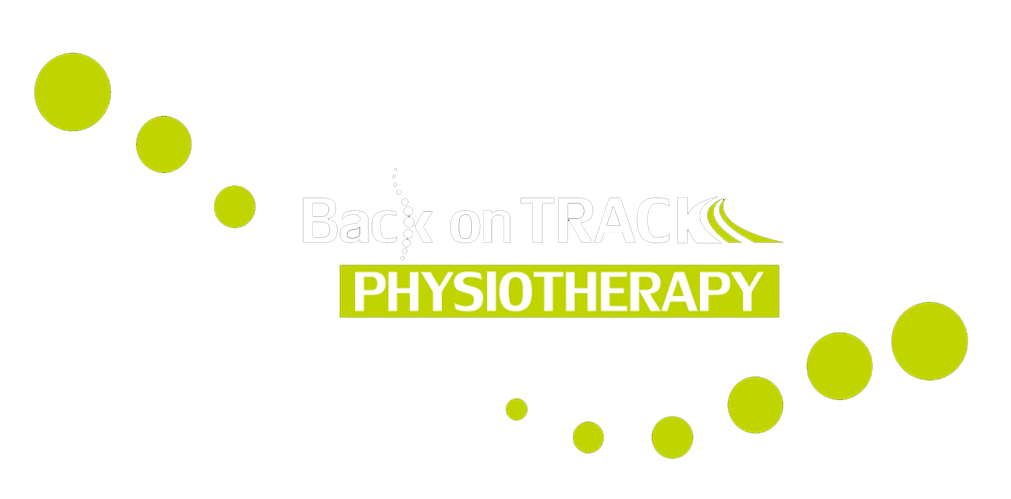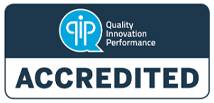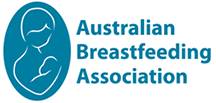Sports Injury?
Get Back On Track
Sports Injury is a setback no one wants or needs. Our goal is to not only get you back on track, but get you back to 100% fit as soon as possible. An active management program achieves this return to full fitness faster.
Rest is to be avoided as much as possible, our team has extensive training in sports injury and we take the time to understand your sport and training requirements to prescribe activity that will assist your rehabilitation
Suffered a Recent Injury on the Track?
It is best practice and most important to get an acute injury assessed as early as possible, as effective early intervention often saves you from pain, time and money.
Our team are not only injury management experts but we can also help you navigate the sports injury insurance cover, insurance that’s there to support you for when injury strikes. Ask our clinical and admin team about how we can help you with this journey.
Tendon Pain
Tendons attach muscle to bone, they produce and absorb an incredible amount of force. However tendon pain can eventually stop you in your tracks. It is often accompanied by a loss of power and strength, and despite your best efforts, tendon injury “Just won’t let me do it”.
Areas often affected are achilles, patella (knee), elbow (tennis elbow), lateral hip or gluteal tendon, and often high up the hamstring at the level of the buttock. Shoulder tendons are also frequently injured.
Tendon Injury often has distinct phases
Running
Running Analysis in our Running Lab can be an effective tool to assist runners train more and perform better. Our clinicians are skilled in gait analysis and injury assessment. Once we identify the injured tissue we can often make subtle running form changes to “offload” the injured tissue, keeping you running, whilst we address the underlying cause of the pain and injury.
Did you know that by shortening the stride length of a runner, it is possible to reduce forces acting on the knee by up to 40%?
Learn more here or click to Book Now.
ACL - Anterior Cruciate Ligament Injury
Australia has the highest incidence of ACL tears in the Western World.
Current World Best Practice is to undergo physical rehab for 3 months before a Shared Decision Making Process as to Undergo Surgical or Non-Surgical Management.
Unfortunately Rehab is often undervalued. Functional activities require a strong and resilient Musculoskeletal system, not just one ligament. The misconception that things are fixed after surgery (without the rehab work) is a big contributor as to why 1 in 5 reconstructions have failed in the past. Strength deficits have been noted in individuals for up to 2 years after surgery, highlighting the need for a complete rehab program.
Pre and Post Op Programs
Physiotherapy prior to a procedure is known as “Prehab”. Our clients undergo Prehab prior to elective surgery to fast track their recovery after surgery.
We do this by carefully assessing your condition and provide an appropriate exercise and management routine. Our clinicians are highly trained to prescribe exercise in a way that is carefully “dosed” so you can get back to living life without limits as soon as possible.
We take the time to work with you to ensure your Prehab program is not overdosed, leading to pain and inflammation, nor underdosed, where you receive little value for your valuable time invested.
We select the appropriate exercise for you, at the appropriate volume and intensity, as such we aim to hit the “goldilocks zone” where you will respond desirably to the prescribed exercise, so that you have a head start in your rehabilitation post operatively.
During this time we also assist with pain management techniques that may include strapping and compression supports, braces, soft tissue massage and gait aids.
Concussion Management/Baseline Testing
Concussion

Back on Track Physio is a proud clinic of the Complete Concussion Management Inc.ä (CCMI) Partnership Program - a network of clinics around the world offering evidence-based concussion care.
From initial pre-season baseline testing to concussion treatment and rehabilitation, as partnered CCMI practitioners, we collaborate with primary care physicians to co-manage concussions, helping patients and athletes safely return to learn, work and play. Click here learn more about concussion, or Book Now.





